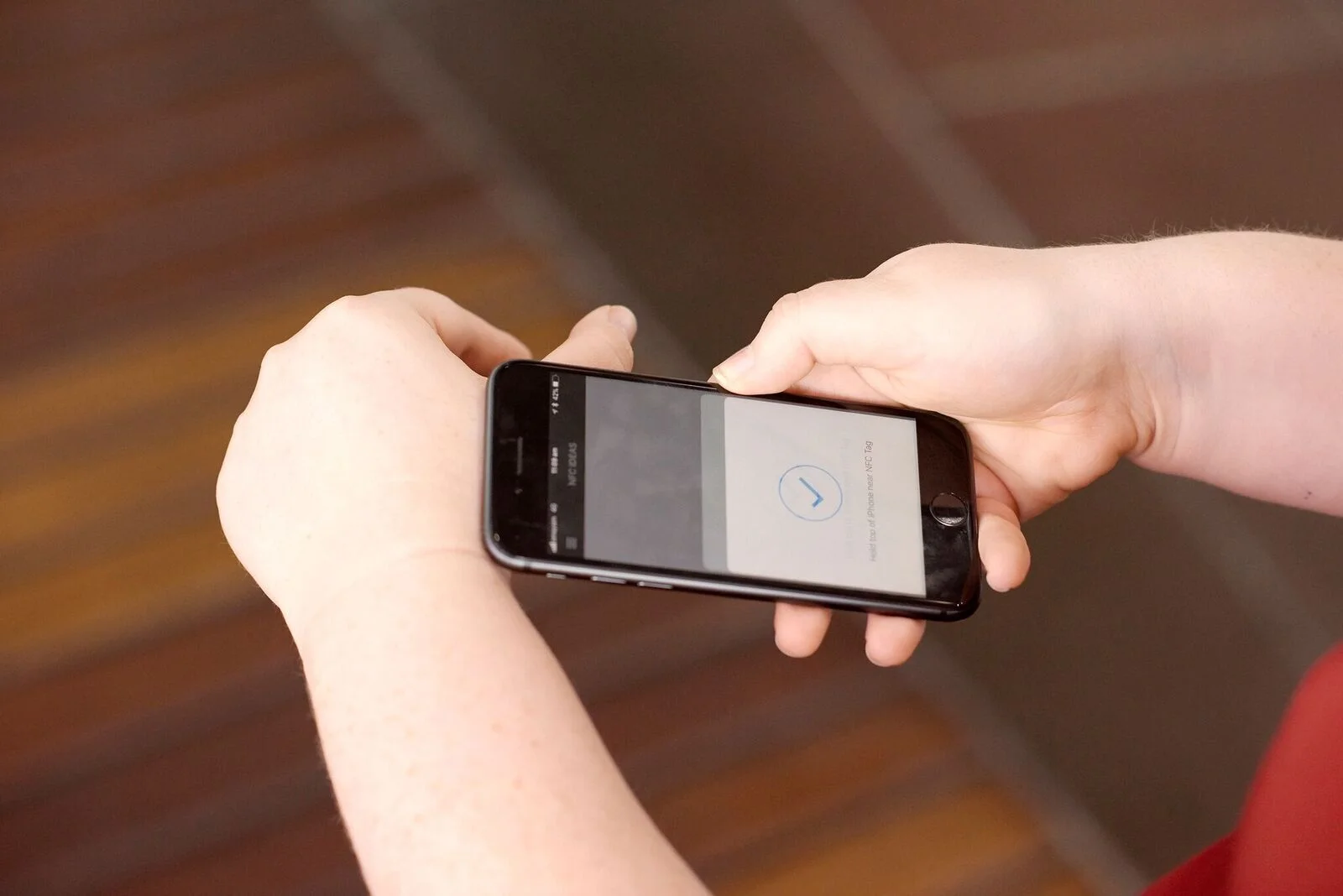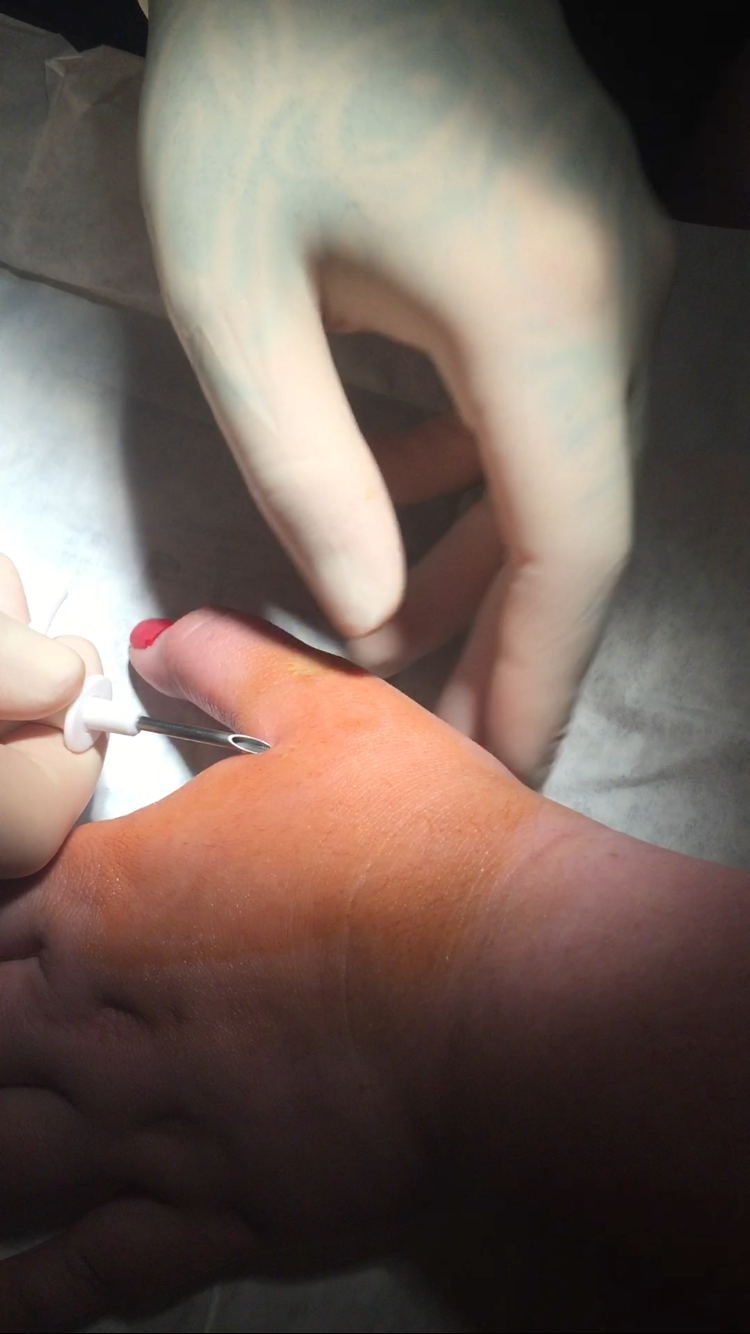I tried a little experiment using an NFC ring as a replacement for my business card at a conference. This post looks at my experiences with this, and the limitations.
Sounds like Science Fiction
I appear in this article by Kate Stanton. This article was first published on Pursuit. This post only shows my section. Read the full article to read about Bionic Vision, Intelligent Transport, Robots and Cyborgs and the Bionic Spine.
Towards insertables: Devices inside the human body
As technology becomes smaller, the way we carry it has progressed from luggable, to wearable and now towards devices that reside inside the human body, or insertables. We demonstrate this trajectory towards devices inside the human body, and carve out insertables as a specific subset of devices which are voluntary, non-surgical and removable.
Microchip misconceptions — How they really work
Four myths about Insertable tech & why they're wrong
Consenting adults receive microchips with zero tracking & monitoring capabilities.
You put what, where? Hobbyist use of insertable devices (Part 2)
The human body has emerged as more than just a canvas for wearable electronic devices. Technological size and cost reductions, along with power and battery improvements, has meant items that were once external have become wearable, and even insertable.
In part 2 we look at our results - what are participants inserting and what does this mean for the future of HCI & UX?
You put what, where? Hobbyist use of insertable devices (Part 1)
The human body has emerged as more than just a canvas for wearable electronic devices. Technological size and cost reductions, along with power and battery improvements, has meant items that were once external have become wearable, and even insertable.
Part 1 gives background to my research to be presented at the CHI conference in San Jose this week.
Insertables: I’ve got I.T. under my skin
An intro to Insertabeles, as published in ACM interactions.
Imagine Dylan, a bureaucrat working in a foreign embassy. Dylan approaches a security door, arms overflowing with confidential reports. Dylan leans toward the door’s access sensor and is authenticated. The door is now unlocked and can be easily pushed open with one shoulder, without the need to put down the documents and fumble for his keys or an access pass. Dylan has an insertable device implanted subcutaneously in his hand that interacts with the transponder at the office door.
It may read as science fiction, but it's already a reality.












